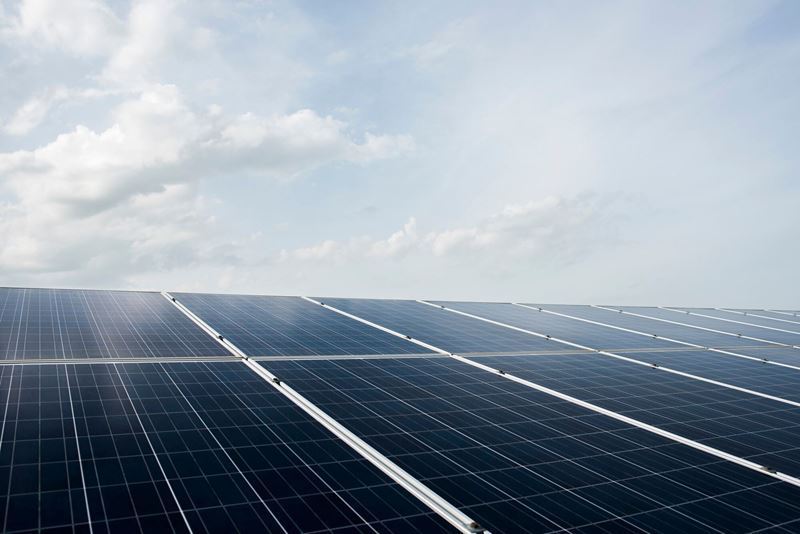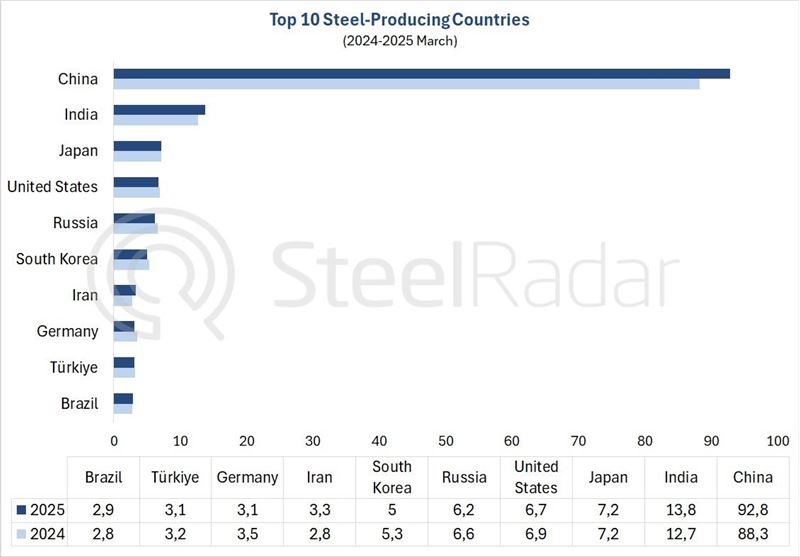BDI announced that Germany's growth forecast for 2024 has been revised downwards to a 0.1% contraction and emphasized that the country is in a deep crisis. This statement reveals that the structural weaknesses of the German economy in recent years have been worsened by increased global competition and high energy costs.
Germany's Growth Estimation: Only 0.1% Contraction
BDI expects Germany's gross domestic product (GDP) to fall by 0.1% in 2024. The growth estimates for the European Union (EU) and the global economy are projected to be 1.1% and 3.2%, respectively. With this forecast, Germany's economic growth will remain behind that of the EU and the country will have a difficult year despite being the largest economy in Europe.
Structural Problems and Crisis: Warnings from BDI President
BDI President Peter Leibinger stated that Germany's economy is in a serious crisis and it would be misleading to attribute this situation only to external factors such as the Covid-19 pandemic or the Russia-Ukraine war. Leibinger noted that Germany's economy has been struggling with structural weaknesses since 2018 and that this is the result of reforms that have been postponed for many years.
“Infrastructure investments are urgently needed for Germany's economic transformation and resilience,” Leibinger added, noting that the government has been postponing important reforms for years, delaying investment and settling for the current situation.
Threat of Tariffs for Germany and the EU
Leibinger emphasized that US President Donald Trump's plans to impose additional tariffs pose a major threat to Germany and the EU economy. Trump's return to the presidency and threats of new tariffs risk negatively affecting Germany's export-oriented economy. Trump's planned tariffs could suppress the growth of the EU economy, causing Germany to contract by 0.5% in 2025 instead of 0.1%.
Leibinger highlighted the need for Europe to increase its strategic independence and the importance for the European Union to build alliances for further integration and competitiveness.
Germany facing recession
According to the BDI's forecasts, if Germany's GDP shrinks by 0.1% in 2024, it will be the third consecutive year of no growth for Germany, the first time this has happened since 1990. If there is a further contraction in the first quarter of 2025, Germany will enter a technical recession.
Political Uncertainty and Elections
In Germany, the three-party coalition government broke up in November 2024 due to disagreements on economic issues. This uncertainty left the economy in an even more difficult situation. Early elections will be held in the country on February 23, 2024. After the elections, the new government is expected to take decisions to revitalize the economy.
Trade and Tariffs with the US
Germany is one of the US's largest trading partners, accounting for around 10% of its exports to the US. However, Trump's new tariffs could complicate these trade relations and negatively affect Germany's export-oriented economy. Analysts note that Trump's protectionist policies towards EU imports are a bad sign for the German economy.











Comments
No comment yet.